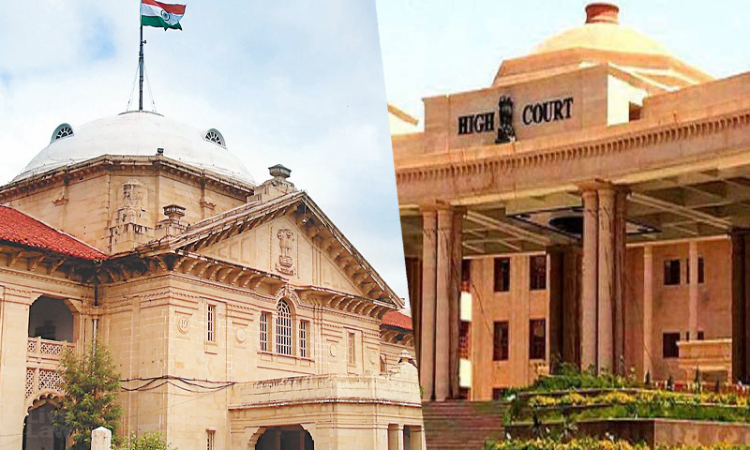Over 10 Lakh Cases Pending In Allahabad HC As On March 25; Govt Fully Committed To Speedy Disposal Of Cases: Centre Tells Rajya Sabha
Sparsh Upadhyay
7 April 2022 6:45 PM IST

Next Story
7 April 2022 6:45 PM IST
The Union Law and Justice Ministry has informed Rajya Sabha that 10,31,282 cases are pending before the Allahabad High Court as on 25 March 2022 as per the information/data available on the web portal of National Judicial Data Grid (NJDG).This piece of information was provided by the Union Law Minister, Kiren Rijijju in response to a question put up by MP Syed Zafar Islam regarding Pendency...
